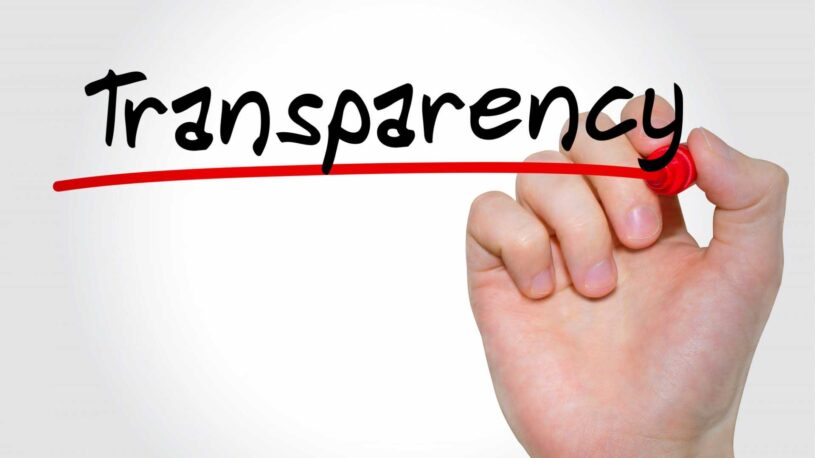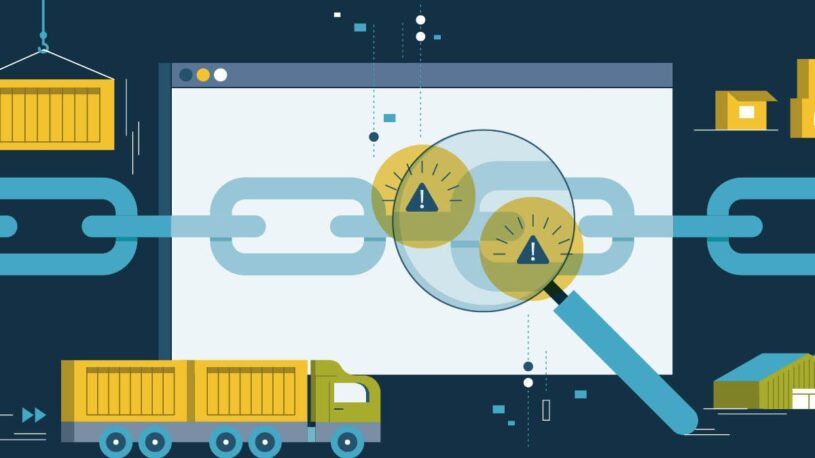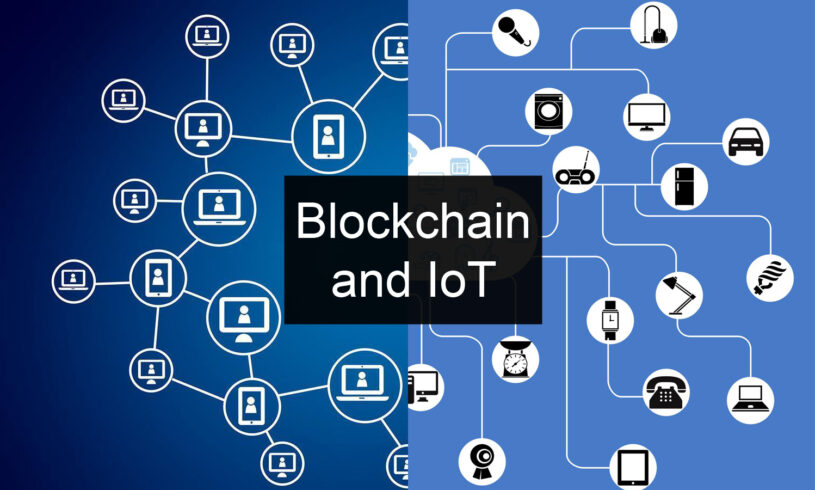In today’s fast-paced digital era, there’s a constant push for transparency, authenticity, and accountability. From what we eat to the products we use daily, consumers worldwide are increasingly concerned about understanding the origins, components, and impacts of these products. Enter the world of Digital Product Passports (DPPs): a revolution set to redefine supply chain transparency. Let’s embark on a detailed exploration of this game-changing concept.
What Are Digital Product Passports (DPPs)?
Digital Product Passports are digital documents or datasets associated with a specific product, detailing its lifecycle from raw materials to its eventual end-of-life. Think of it as a “biography” of a product. These passports provide comprehensive information, including:
- Origin of raw materials
- Manufacturing details
- Carbon footprint
- Usage guidelines
- Recyclability data
- Maintenance information
- And more
DPPs aren’t just about transparency; they’re about empowering consumers, manufacturers, and regulators with the knowledge they need to make informed decisions and digital product passports.
The Push for Transparency

The call for enhanced transparency has intensified for multiple reasons:
- Environmental Concerns: As we confront mounting environmental challenges, understanding the ecological footprint of products is crucial.
- Ethical Sourcing: Issues like child labor, unfair wages, and poor working conditions have led to an outcry for ethical sourcing and production practices.
- Counterfeits: With the rise in counterfeit products, a system that ensures authenticity is in high demand.
- Regulatory Compliance: Governments and international bodies are pushing for better oversight and monitoring of products, especially in sectors like pharmaceuticals, food, and electronics.
These factors combined, spotlight the necessity for a robust system that traces and reports product histories. DPPs answer this call.
How DPPs Revolutionize Supply Chain Transparency

- Comprehensive Product Lifecycle Information
DPPs offer a holistic view of a product’s lifecycle. From raw materials to production methods, usage, and eventual disposal or recycling, all stakeholders can view and understand a product’s journey.
- Real-time Data Access
With cloud computing and IoT integration, DPPs provide real-time data, enabling immediate insights into any changes, discrepancies, or updates in the product’s journey.
- Proven Authenticity
DPPs combat counterfeit issues. Since they provide a detailed account of the product’s lifecycle and are typically stored securely, it’s challenging for counterfeiters to replicate or manipulate them.
- Enhanced Consumer Trust
By providing open access to product details, DPPs build trust among consumers, who can now make informed decisions based on transparent data.
The Backbone: Blockchain and IoT

Two technological innovations make DPPs possible: Blockchain and the Internet of Things (IoT).
- Blockchain: This is a decentralized digital ledger system. When applied to DPPs, it ensures:
- Integrity: Once data is entered, it can’t be altered without trace.
- Security: Encrypted transactions and data ensure protection against breaches.
- Decentralization: Multiple parties can access data simultaneously without a central authority.
- IoT: Devices embedded with sensors and software gather and transmit data over the internet. For DPPs, IoT ensures:
- Real-time Monitoring: As products move through the supply chain, sensors provide real-time data, such as location, temperature, or any external interferences.
- Automated Updates: Changes in product status or conditions are automatically updated in the passport.
Potential Challenges

While DPPs promise a more transparent future, they aren’t without challenges:
- Data Overload: With comprehensive data from every product’s lifecycle, managing, and making sense of this vast amount of information can be daunting.
- Interoperability: As global supply chains involve multiple systems, ensuring they all speak the same “language” or integrate seamlessly is crucial.
- Cost: Implementing DPPs, especially for smaller businesses, can be expensive.
- Security Concerns: Though blockchain is secure, the integration points, especially with IoT devices, can be potential vulnerability areas.
The Road Ahead
The potential of Digital Product Passports is vast. As more industries and companies adopt this model, we can expect:
- Stricter Regulatory Frameworks: With increasing adoption, governments will likely set more stringent standards and regulations around DPPs.
- Wider Consumer Awareness: As consumers get accustomed to DPPs, they might prioritize products with passports over those without.
- Technological Advancements: Expect more sophisticated DPP platforms with AI integration, predictive analytics, and advanced real-time monitoring capabilities.
FAQs
Who primarily benefits from the implementation of Digital Product Passports?
While consumers are the most immediate beneficiaries due to the enhanced transparency and trust they gain, manufacturers, suppliers, regulators, and even environmental agencies also benefit. Manufacturers can boost their brand trustworthiness and potentially improve sales. Suppliers can verify their practices and uphold ethical standards. Regulators benefit from a clearer oversight mechanism, and environmental agencies can track product footprints more efficiently.
How are Digital Product Passports different from traditional product labels or certifications?
Traditional labels or certifications offer static, limited information at a specific point in time. In contrast, DPPs provide dynamic, comprehensive data throughout the product’s lifecycle, from origin to end-of-life. Plus, thanks to the real-time updating capabilities of DPPs, the information is always current, while traditional labels might become outdated or lack context.
Can DPPs be implemented for all types of products?
In theory, yes. DPPs are versatile and can be adapted for various product categories, from electronics to apparel to food items. However, the depth of information and tracking mechanisms might differ based on the nature and complexity of the product.
How do businesses ensure the accuracy of the information in the Digital Product Passport?
The integration of technologies like IoT ensures real-time monitoring and data collection. Coupled with the blockchain’s immutability, it ensures data accuracy. However, it’s essential for businesses to have regular audits and checks to validate the data sources and ensure the initial data input is accurate.
What measures are in place to ensure that DPPs themselves don’t become sources of counterfeiting?
The backbone of DPPs – blockchain – offers significant protection against tampering due to its decentralized and immutable nature. Any changes made to the data are traceable.
Additionally, the use of encrypted transactions, secure access controls, and regular security audits can further safeguard against counterfeiting or unauthorized access.
How do DPPs impact the recycling and sustainability efforts of products?
DPPs provide detailed information on the product’s components and materials, making it easier for recyclers to understand what they are dealing with and how to process the product. Moreover, by highlighting the sustainability practices during production and the product’s overall environmental footprint, DPPs encourage manufacturers to adopt more sustainable practices and consumers to make eco-conscious purchasing decisions.
Conclusion
Digital Product Passports are not just a futuristic concept; they are becoming an integral part of the present-day supply chain. By offering unparalleled transparency, they redefine consumer trust, accountability, and product authenticity. While challenges exist, the potential benefits far outweigh the obstacles. As DPPs gain traction, they will undoubtedly shape the future of global supply chains, making them more transparent, responsible, and trusted.
